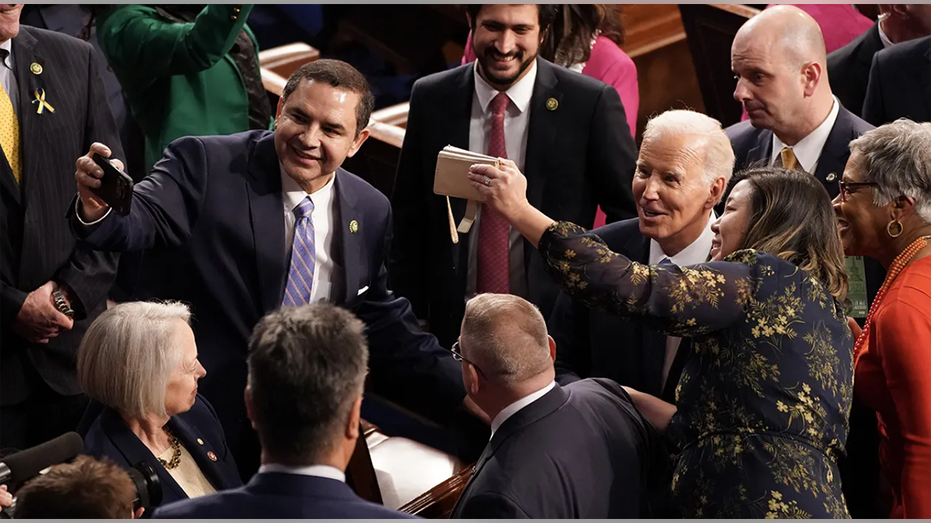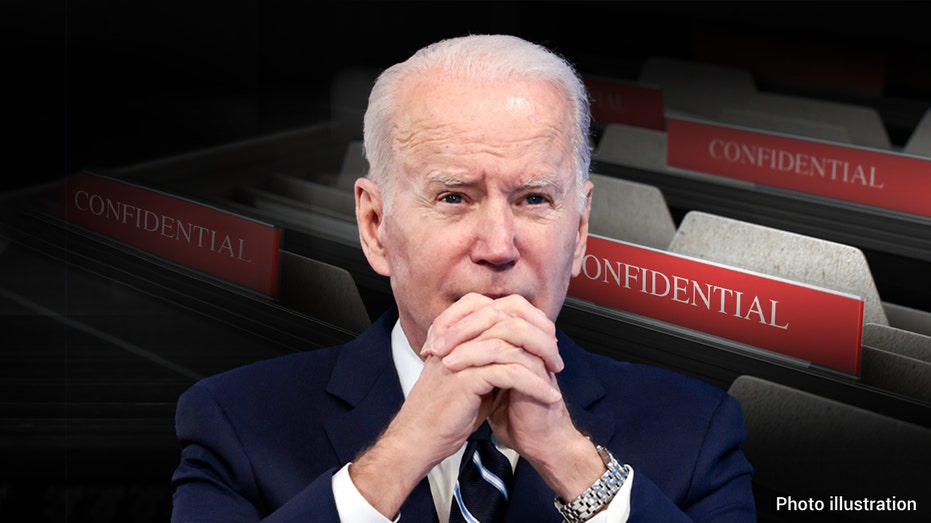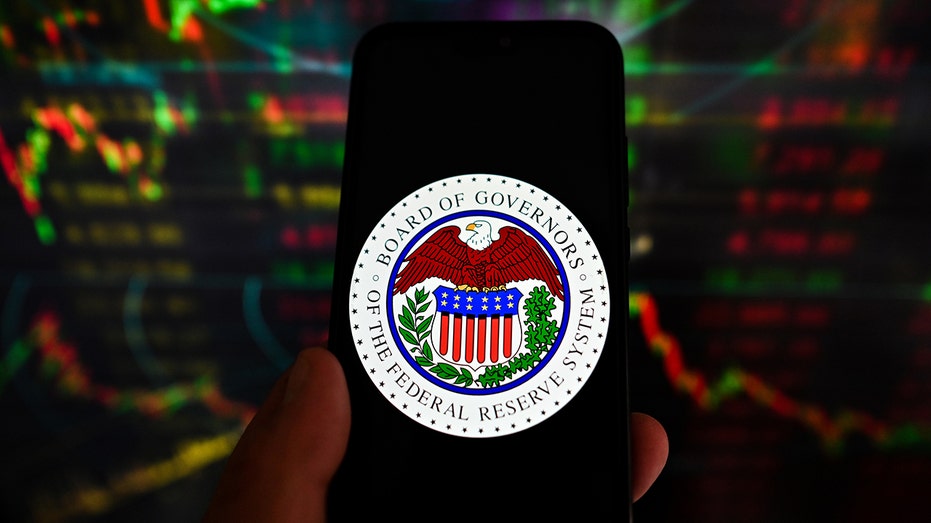Republicans turn up the heat on Biden's crypto regulation: 'driving innovators out of America'
Congressional Republicans have increasingly criticized the Biden Administration's attitude towards digital assets.
Cryptocurrency should be bipartisan: Mike Novogratz
Galaxy CEO Mike Novogratz provides insight on cryptocurrency regulation on 'Making Money.'
Republicans on the House Financial Services Committee are turning up the heat on the Biden Administration’s oversight of digital assets, this time taking aim at the White House’s Council of Economic Advisers, a key advisory body within the Executive Office of the President, FOX Business has learned.
Rep. Warren Davidson (R-Ohio), Chairman of the Subcommittee on Housing and Insurance, along with Rep. Mike Flood (R-Neb.), who serves on the Subcommittee on Digital Assets have written a letter to the CEA, demanding to know why the council is taking what it describes as a "hostile" approach to the digital asset industry.
FOX BUSINESS: LIVE CRYPTO PRICES
The council does not have direct authority over regulating digital assets, but does have the ear of President Biden on many economic issues including the administration’s position on regulating the $1 trillion crypto industry.
Congressional Republicans have increasingly criticized the Biden Administration's stance on crypto, especially the current crackdown by the Securities and Exchange Commission. GOP House leaders say the SEC's recent regulatory approach including investigations of exchanges and declarations of digital coins as unregistered securities (and thus in violation of law) is resulting in both crypto innovation and capital moving offshore.
Proponents of crypto believe digital coins are a future source of value and the underlying technology known as blockchain has the potential to rival the internet in advancing a seamless way to transact business.

US President Joe Biden, center right, takes photographs with members of Congress after speaking during a State of the Union address at the US Capitol in Washington, DC, US, on Tuesday, Feb. 7, 2023. Biden is speaking against the backdrop of renewed t (Nathan Howard/Bloomberg via Getty Images / Getty Images)
But White House officials and SEC Chairman Gary Gensler say they're merely attempting to protect investors from an industry that is historically under-regulated and rife with fraud. They point to various industry failures including the recent implosion of the FTX crypto exchange and the criminal indictment of former industry wunderkind Sam Bankman-Fried.
"Today, many entrepreneurs, given the establishment of frameworks in foreign markets, are actively evaluating exiting the U.S. market," the letter states. "Ultimately, if our approach does not change, this posture will continue to push entrepreneurs to establish their businesses outside of the U.S., drawing capital and economic growth away from the U.S. to the benefit of other countries."

Biden classified document scandal (Fox News/Photo illustration / Fox News)
Davidson and Flood specifically cite the latest Economic Report of the President, an annual report that was released by the CEA in March, pointing out that the language relating to digital assets differs noticeably from prior years, where the council had previously advocated for Congress to play a central role in regulating crypto assets.
The White House wants crypto regulation spearheaded by Gensler’s SEC, which has brought a multitude of enforcement actions against the crypto sector. Gensler has said that most digital assets, except for Bitcoin, are securities and should be regulated by the SEC.
He has likened most crypto tokens as merely gambling chips in a casino. The CEA’s report voiced concerns along these lines, stating digital assets "continue to cause risks for financial markets, investors and consumers." Just a year prior, in March 2022, Biden's Executive Order on Ensuring Responsible Development of Digital Assets struck a largely positive tone about the merits of the industry, the need to regulate it, and its overarching potential.
LARRY KUDLOW: BIDEN HAS TO QUIT STALLING ON DEBT CEILING AND PASS MCCARTHY'S LIMIT, SAVE, GROW ACT
The letter also calls for responses to five questions including how the CEA believes the industry is expected to navigate regulatory uncertainty, and how digital assets should be regulated. It also asks for the council’s rationale on why it believes the FedNow Instant Payment System and a Central Bank Digital Currency (CBDC) could provide a more inclusive financial system than the blockchain technology. CBDCs are a digital version of the dollar, while FedNow mimics the efficacy of the blockchain.

In this photo illustration, a US Federal Reserve logo is displayed on a smartphone with stock market percentages on the background. (Photo Illustration by Omar Marques/SOPA Images/LightRocket via Getty Images / Getty Images)
But crypto advocates say both are an anathema because they defeat the purpose of an industry that was designed to exist outside of government control. CBDCs have raised concern due particularly to the potential of increased government surveillance through financial data and spending trends. Others say the creation of CBDCs and FedNow are part of an attempt to destroy crypto as a viable, independent business.
FedNow, a payment infrastructure that incorporates instant settlements for financial institutions will be operational in July. CBDCs, according to Federal Reserve Chairman Jerome Powell and Treasury Secretary Janet Yellen, are likely still several years away.
CLICK HERE TO GET THE FOX NEWS APP
"Congress plays a critical role in the regulatory framework for digital assets, which are not up to the discretion of unelected bureaucrats who retain inconsistent viewpoints," Rep. Davidson told FOX Business.





















